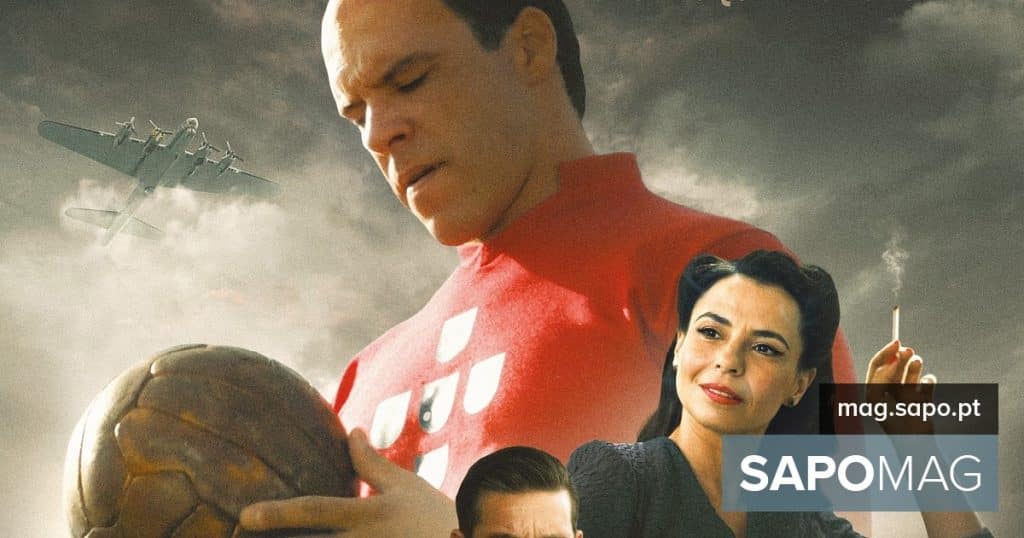Inspired by facts and set in Lisbon in the 1940s, the film is directed by Jorge Paixão da Costa, produced by Ukbar Filmes and starring actor Tomás Alves. In October, when the film was shot, Jorge Paixão da Costa explained, in a note from press, which intended to make known “the other side of the man who gave its name to the super cup of the most popular sport in Portugal”, football. The intention was also to show “the intricacies of propaganda at the time and the ideological battle for the soul and heart of the Portuguese who marked the 1940s” in Portugal.Jorge Paixão da Costa had already covered the life story of Cândido de Oliveira (1896-1958) in an RTP documentary series, now deepening it in cinema, in particular through the involvement of the journalist in the so-called “Shell network”, of English espionage, during the Second World War. At that time, Cândido de Oliveira had already become known for having played for Benfica, founded the Clube Atlético Casa Pia, in the institution where he lived after being orphaned, already He had been a national football coach and worked as a journalist in the Portuguese press. An anti-fascist and critic of the Oliveira Salazar dictatorship, Cândido de Oliveira was working at the Post Office when he became involved in espionage networks, particularly an English network, but ended up discovered, detained and beaten. by the political police of the Estado Novo, PIDE, and sent to the Tarrafal concentration camp, in Cape Verde. In 1945, now free and in Lisbon, Cândido de Oliveira co-founded the newspaper A Bola, together with António Ribeiro dos Reis and Vicente de Melo, and coached Sporting and Futebol Clube do Porto. In 1958 he died in Stockholm, as a result of pneumonia, at a time when he was covering the Football World Cup in Sweden. “Cândido – The Spy who came from Futebol” had a budget of 1.5 million euros and financial support from the Cinema and Audiovisual Institute, RTP, PIC Portugal, Turismo de Portugal and Lisbon City Council. This period film also features Teresa Tavares, Jorge Corrula, Filipe Vargas and Carloto Cotta, among others.Jorge Paixão da Costa is the author, among others, of the films “Adeus Princesa” (1990), “The mystery of the Sintra road” (2007), “Soldado Mírios” (2017 ), co-directed with Gonçalo Galvão Teles, and the series “A Espia”, “Crónica dos Bons Malandros” and “Lúcia – A guardian of the secret”.
